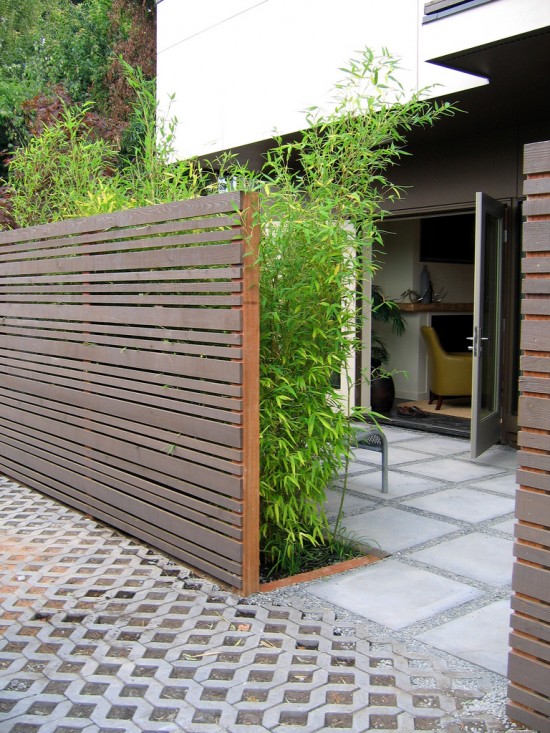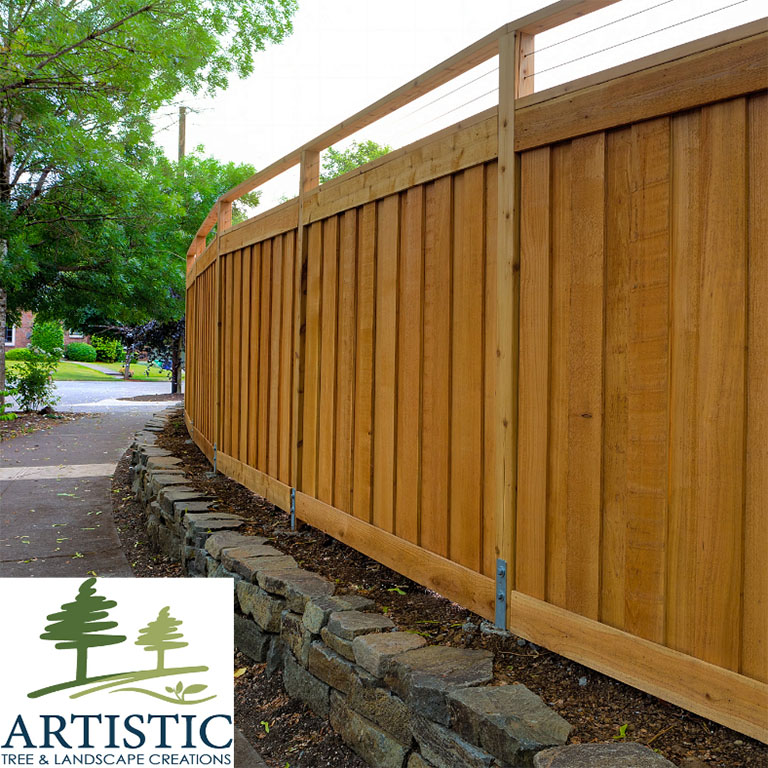All Categories
Featured

Simply like any exterior structure, vinyl fences still need routine cleansing to maintain them looking pristine and to extend their life-span. Right here are some of the ideal methods for cleansing your vinyl fence.
- Normal Dusting and Sweeping. Regular treatment is critical to avoid debris from developing up on your plastic fencing. The most convenient means to maintain your fence is by consistently sweeping or cleaning off any kind of dirt, leaves, or various other debris that accumulate.
- Light Soap and Water for Regimen Cleansing. For normal upkeep, a straightforward soap and water solution functions wonders. It's an easy, efficient method to clean your vinyl fencing without triggering damage. Here's exactly how to clean your plastic fence with soap and water:
Step 1: Mix a mild detergent, such as meal soap, with warm water in a bucket. Purpose for about 1/4 mug of soap for every single gallon of water. Action 2: Dip a soft towel, sponge, or non-abrasive brush right into the solution and gently scrub the surface area of the fence. Focus on dirt buildup on corners, sides, and low-lying areas where crud may gather. Action 3: After cleansing the surface area, rinse it thoroughly with a garden pipe to get rid of all soap deposit. This technique is excellent for light dirt and grime and can be done every few months to preserve the appearance of your fence.
- Use a Power Washing Machine for Stubborn Discolorations. If you've neglected your vinyl fencing for some time, or if it has built-up crud, mold and mildew, or mildew, a power washer can be an effective tool for deep cleaning. You need to utilize the proper stress to avoid damaging the vinyl. Right here's just how to safely power clean your vinyl fence:

Step 1: Set the power washer to a low-pressure setup, preferably around 1,500-2,000 psi. High pressure can harm the plastic surface area or trigger it to crack. Action 2: Stand at the very least 2 feet far from the fencing and start splashing from the top down. This helps prevent streaks and ensures that dust is washed off successfully. Step 3: Move the power washing machine nozzle in a side-to-side sweeping activity, and make certain to keep the water stress constant. Step 4: Wash the whole fence completely with water to eliminate dust and cleaning agent deposit. Power cleaning is an excellent option for big fencings or for those with consistent dust and discolorations that soap and water can't get rid of.
- Eliminating Mold And Mildew and Mildew. In moist or shaded areas, mold and mildew and mold are typical issues for plastic fencings. To combat this, you can utilize a solution of vinegar or bleach to sanitize and eliminate the growth. Right here's how to deal with mold and mildew on your fence:

Action 1: Mix one mug of white vinegar with a gallon of cozy water. Mix 1/4 mug of bleach with a gallon of water. Step 2: Apply the option to the influenced areas making use of a soft towel or sponge. Allow it rest for regarding 10-15 minutes. Step 3: Scrub the locations with a non-abrasive brush to raise the mold or mold off the surface area. Tip 4: Rinse thoroughly to remove any cleaning service and particles. If you pick to utilize bleach, be careful not to splash it on neighboring plants or materials, as it may cause damage or staining.
- Vinyl Fencing Cleansers for Tough Stains. For difficult, stubborn stains like pen, tar, or oil deposit, you can utilize a specialized vinyl fencing cleaner. These products are created to safely clean plastic without creating damage. Be sure to follow the item's directions for ideal results, and examination it on a small, inconspicuous location of the fence initially.
- Preventing Future Dirt and Stains. While cleansing is very important, preventing future spots and build-up can make your upkeep regular a lot easier. Think about these pointers for long-term upkeep:
Trim plant life: Disordered plants, creeping plants, or shrubs can trap dampness versus your vinyl fence, causing mold and mildew development. Trim neighboring plants to make certain the fence stays completely dry and clean. Seal cracks and spaces: Evaluate your fencing routinely for fractures or spaces, and seal any that you locate to maintain dust and water from going into the fence structure. Set up a protective finishing: Some homeowners use vinyl-safe safety layers to their fences. These layers can function as a barrier against dirt, UV rays, and water, lowering the frequency of deep cleansing needed. 7. Professional Cleaning. If you're unclear about cleaning your fencing yourself, or if it requires a deep clean, take into consideration hiring a specialist. Numerous cleansing firms provide fence cleansing services and have the tools and experience to deal with challenging discolorations without damaging your fence. They can likewise deal with high or big fences that may be difficult to clean up on your very own.
Conclusion. Vinyl fences are low-maintenance, however they still need regular care to keep them looking their best. By utilizing light soap and water for routine cleansing, employing a power washer for persistent dirt, and dealing with mold or mold without delay, you can ensure your plastic fence remains beautiful. Normal cleaning, in addition to safety nets, will certainly prolong the life of your fencing and keep it boosting the charm and security of your home for several years to find.
Latest Posts
Recognizing When Your Car Needs Skilled Auto Repair at Montclare Auto Repair
Published May 24, 25
1 min read
Learn About Exceptional Auto Repair Services in Chicago – Expert Care for Your Vehicle
Published May 23, 25
1 min read
Boost Your Home's Exterior with Weathercraft's Exterior siding Solutions
Published May 22, 25
1 min read
More
Latest Posts
Recognizing When Your Car Needs Skilled Auto Repair at Montclare Auto Repair
Published May 24, 25
1 min read
Learn About Exceptional Auto Repair Services in Chicago – Expert Care for Your Vehicle
Published May 23, 25
1 min read
Boost Your Home's Exterior with Weathercraft's Exterior siding Solutions
Published May 22, 25
1 min read